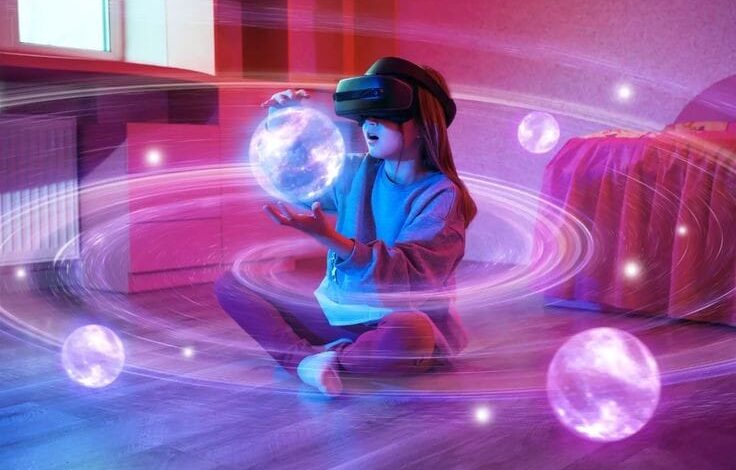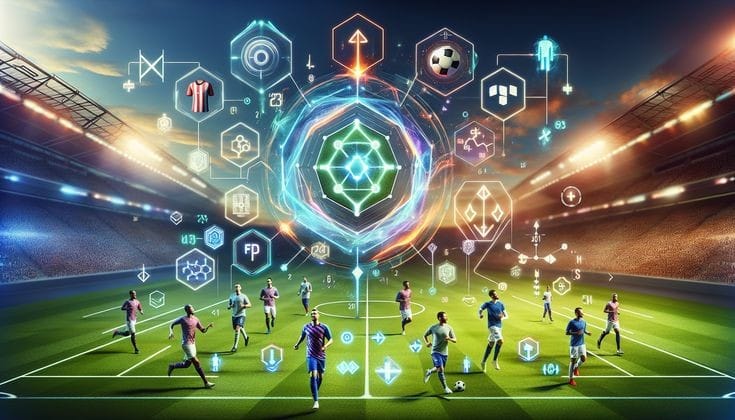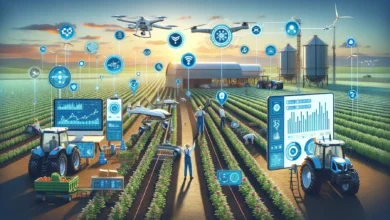The Evolution of Artificial Intelligence in Video Games: From Simple Algorithms to a Humanized Experience

Artificial intelligence (AI) has become an integral part of modern video games, fundamentally changing how players interact with virtual worlds. From the simple algorithms used in classic games to the advanced AI systems we see today, the evolution of AI has deeply influenced the quality and experience of gaming. However, there’s another dimension to this evolution: making games more humanized and interactive.
- Humble Beginnings: From Simplicity to Complexity
In the early days of video games, AI systems were incredibly basic, relying on fixed and repetitive rules. For example, in “Pac-Man,” the behavior of non-playable characters (NPCs) was predictable based on the player’s movements. Despite this simplicity, it was the spark that paved the way for more complex and interactive AI systems in the future.
- Technological Leaps: NPCs Become Smarter
As technology advanced, developers began implementing more sophisticated techniques to control NPC behavior. Games began utilizing what’s known as “finite state machines,” which allow characters to switch between different states depending on what’s happening in the virtual world. In these games, NPCs don’t simply stand still after a fight; they may remain alert, react to their surroundings, or even interact with the environment in more complex and realistic ways.
- A New Phase: Machine Learning Changes the Game
Machine learning and neural networks have had a profound impact on AI in video games. Today, virtual characters can learn and react based on the player’s behavior. For example, in the game “Left 4 Dead,” the “AI Director” changes the game’s pace and difficulty according to the players’ performance. This creates an unpredictable experience and ensures that each playthrough is unique, making it harder for players to predict what will happen next.
- World Generation: AI Designs Infinite Environments
Procedural Content Generation (PCG) is one of the most exciting innovations in AI. In a game like “No Man’s Sky,” vast and unique worlds are created through algorithms that allow players to explore endless environments. This technology makes each gameplay experience fresh and personalized, giving players a one-of-a-kind adventure every time.
- AI Behind the Scenes: Faster and Better Game Development
AI doesn’t just enhance gameplay; it plays a significant role in the development process itself. Developers can now use AI-based tools to test games more quickly and accurately, identifying bugs and issues faster. This saves time and effort, leading to higher quality games that are thoroughly polished before being released to the public.

- The Future: A More Human Experience with AI
In the future, AI could go beyond just improving gameplay. There are expectations that games may be able to recognize players’ emotions by analyzing their voice or facial expressions, allowing the game to adapt to the player’s emotional state. Imagine a game that senses your frustration and lowers the difficulty level, or one that motivates you when you’re in a good mood, making the gaming experience more personalized and human.

In the end, the evolution of AI in video games has not just been about improving the games themselves, but also about creating virtual worlds that are more humanized and interactive. From the humble beginnings of simple algorithms to today’s complex systems that learn and adapt to the player’s behavior, AI continues to transform the gaming industry into a more immersive and enjoyable experience. The future of AI in gaming looks bright, and there’s no doubt that what’s coming next will be even more exciting and engaging for players all over the world.





